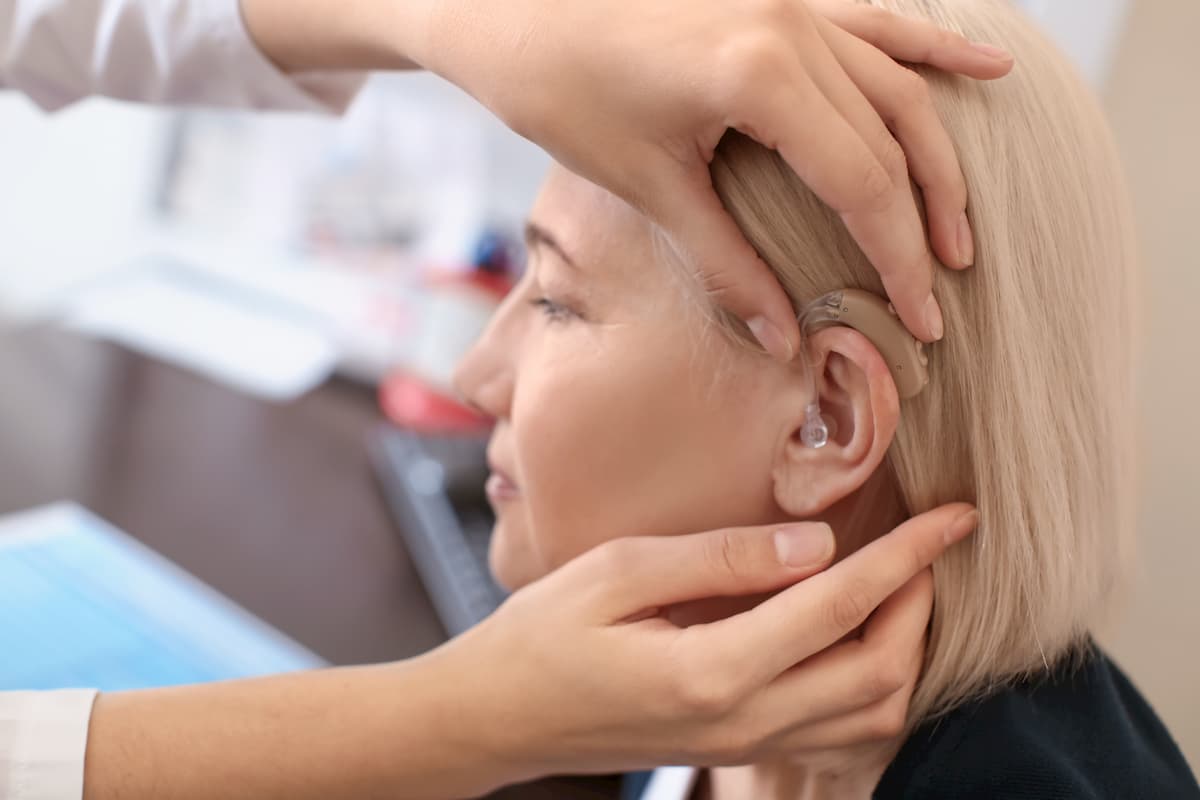Understanding Sinus Problems: When to Consult a Sinus Doctor
Dealing with sinus problems can be incredibly frustrating and uncomfortable, affecting the lives of millions of people worldwide. If you find yourself constantly struggling with recurring sinus issues, it might be time to consider consulting a sinus doctor. These medical professionals, also known as rhinologists or sinus specialists, specialize in diagnosing and treating conditions related to the sinuses. In this article, we’ll delve into common sinus problems and explore when it’s appropriate to seek the expertise of a sinus doctor.
Chronic Sinusitis
It is known as chronic sinusitis when sinus inflammation persists for more than 12 weeks, despite attempts at self-care or previous treatment. According to CT Sinus Center, this condition is typically characterized by symptoms such as nasal congestion and blockage, thick nasal discharge or postnasal drip, facial pain or pressure, reduced sense of smell and taste, headaches, and fatigue. If you’ve been grappling with these symptoms for an extended period, it’s advisable to consult a sinus doctor. They can thoroughly assess your condition, determine the underlying cause of your chronic sinusitis, and recommend appropriate treatment options tailored to your needs.
Acute Sinusitis
Acute sinusitis refers to short-term inflammation of the sinuses, often triggered by a viral or bacterial infection. Symptoms of acute sinusitis include facial pain and pressure, nasal congestion, thick and discolored nasal discharge, fatigue, fever, and even dental pain. While acute sinusitis tends to resolve on its own with rest and home remedies, it’s recommended to consult a sinus doctor if your symptoms persist beyond ten days or worsen over time. A sinus doctor can evaluate the severity of your condition, check for any bacterial infections, and prescribe appropriate treatment, which may include antibiotics if necessary.
Nasal Polyps
Nasal polyps are noncancerous growths that develop in the nasal passages or sinus lining. These growths can obstruct the nasal passages, leading to persistent nasal congestion, a runny nose, postnasal drip, decreased sense of smell, facial pain or pressure, and general discomfort. Suppose you suspect the presence of nasal polyps or have been previously diagnosed with them. In that case, it is crucial to consult a sinus doctor. They can confirm the diagnosis, evaluate the size and location of the polyps, and recommend suitable treatment options, which can range from medication to surgical removal, depending on the severity.
Deviated Septum
The septum is the thin bone and cartilage wall separating the nasal cavity into two halves. A deviated septum occurs when this structure is significantly crooked or off-center, resulting in nasal blockage and difficulty breathing. Symptoms of a deviated septum often include nasal congestion, particularly on one side, frequent nosebleeds, facial pain or pressure, snoring, sleep apnea, and headaches. Suppose you suspect that you have a deviated septum or are experiencing a persistent nasal blockage. In that case, it’s recommended to consult a sinus doctor. They can assess the extent of the deviation, determine its impact on your breathing, and discuss suitable treatment options, such as medication or surgical correction.
Allergic Rhinitis
Allergic rhinitis, commonly known as hay fever, is an allergic response triggered by environmental factors like pollen, dust mites, or pet dander. Symptoms of allergic rhinitis include sneezing, itchy or watery eyes, a runny or congested nose, postnasal drip, and fatigue. While over-the-counter medications can provide relief for mild cases of allergic rhinitis, consulting a sinus doctor may be necessary if your symptoms are severe, persistent, or significantly impact your daily life. A sinus doctor can perform allergy testing to identify specific triggers and develop a personalized treatment plan to effectively manage your symptoms.
When to Consult a Sinus Doctor
If you experience any of the following situations, it’s advisable to schedule a consultation with a sinus doctor:
- You have persistent or recurrent sinus symptoms that last for more than 12 weeks.
- Your symptoms, including facial pain or pressure, are severe or worsening.
- You have nasal polyps or a history of nasal polyps.
- You are having difficulty breathing through your nose.
- Your sense of smell or taste is impaired.
- You experience chronic snoring or sleep apnea.
By consulting a sinus doctor, you can receive a proper diagnosis, a comprehensive treatment plan, and the guidance needed to alleviate your sinus problems and improve your overall quality of life.
In Conclusion
Sinus problems can significantly impact your overall well-being and daily life. If you’re experiencing persistent or severe sinus symptoms, consulting a sinus doctor is wise. These specialists possess the specialized knowledge and expertise to effectively diagnose and treat a wide range of sinus conditions. Don’t let sinus problems hold you back—seek the help of a sinus doctor and take the first step towards better sinus health and overall well-being.


